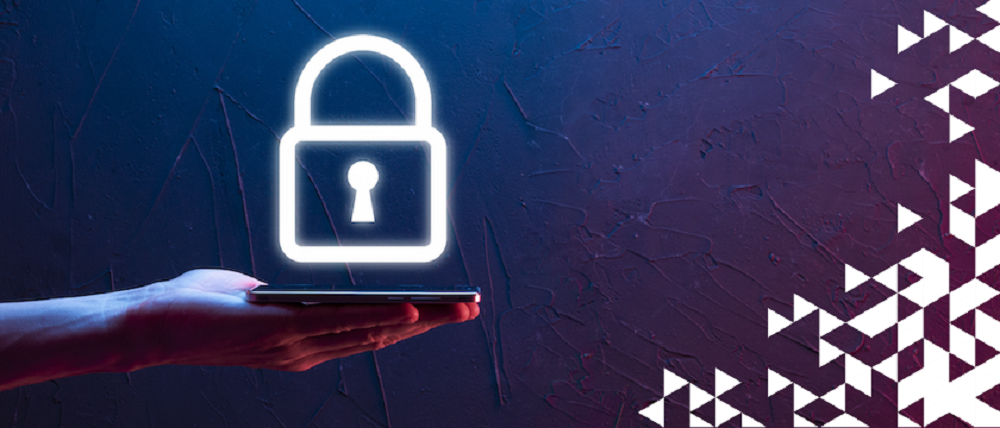In today’s digital age, where technology is pervasive and data is constantly being exchanged, security and privacy have become paramount concerns. With the increasing number of cyber threats and the potential for personal information to be compromised, it is essential to take proactive measures to protect ourselves. This article aims to shed light on the importance of security and privacy in the digital age and provide practical tips on how to safeguard our personal information.
Introduction to security and privacy in the digital age
As technology continues to advance, our lives have become increasingly intertwined with the digital world. We rely on our smartphones, tablets, and computers for communication, social interaction, and various day-to-day tasks. While these advancements have undoubtedly made our lives more convenient, they have also exposed us to various risks and threats.

The risks and threats to personal information
In the digital age, our personal information is more vulnerable than ever before. Cybercriminals are constantly devising new ways to exploit vulnerabilities and gain unauthorized access to sensitive data. From phishing scams and malware attacks to data breaches and identity theft, the threats to our personal information are pervasive and ever-evolving.
The importance of protecting personal information
Protecting our personal information is crucial for several reasons. Firstly, it helps prevent identity theft, which can have devastating consequences on our financial and personal lives. It also safeguards our online reputation and reduces the risk of becoming a victim of cybercrime. Moreover, protecting personal information fosters trust in online interactions and ensures the integrity of digital transactions.
Tips for enhancing security and privacy online
Enhancing security and privacy online requires a multi-faceted approach. Here are some practical tips to help protect your personal information:
Best practices for password security
Strong passwords are the first line of defense against unauthorized access. Create unique, complex passwords that include a combination of upper and lowercase letters, numbers, and special characters. Avoid using obvious choices like birthdates or common words. Furthermore, it is crucial to use different passwords for each online account to minimize the damage in case of a breach.
Two-factor authentication and its benefits
Two-factor authentication (2FA) adds an extra layer of security to your online accounts. By requiring a second form of verification, such as a temporary code sent to your phone, 2FA ensures that even if your password is compromised, the attacker would still need physical access to your device to gain entry. Enabling 2FA wherever possible significantly reduces the risk of unauthorized access.
How to secure your devices and networks
Securing your devices and networks is essential to protecting your personal information. Keep your software and operating systems up to date to ensure you have the latest security patches. Install reputable antivirus software and regularly scan your devices for malware. Additionally, secure your home Wi-Fi network with a strong password and consider using a virtual private network (VPN) for added privacy when connecting to public Wi-Fi networks.
Protecting personal information on social media
Social media platforms are a treasure trove of personal information for cybercriminals. Be cautious about the information you share online and adjust your privacy settings to limit who can see your posts and personal details. Avoid accepting friend requests or connecting with individuals you don’t know personally. Regularly review and update your privacy settings to stay in control of what information is accessible to others.

Understanding and managing cookies and tracking
Cookies are small files that websites store on your computer to track your browsing behavior. While they can be useful for personalized experiences, they also raise privacy concerns. Configure your browser settings to block third-party cookies or clear them regularly. Consider using browser extensions that enhance privacy and block tracking.
The role of encryption in protecting personal information
Encryption is a crucial technology that protects personal information by converting it into a coded form that can only be deciphered with the correct decryption key. Use encrypted connections (HTTPS) when transmitting sensitive data, such as financial information or login credentials. Additionally, consider using end-to-end encryption for messaging apps to ensure that only the intended recipients can access your messages.
Privacy laws and regulations
Governments around the world have recognized the importance of privacy and enacted laws and regulations to protect individuals’ personal information. Familiarize yourself with the privacy laws in your country and understand your rights regarding data protection. Stay informed about updates and changes in privacy regulations to ensure compliance and hold organizations accountable for safeguarding your personal information.
